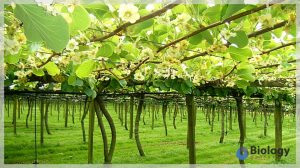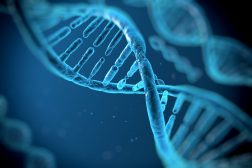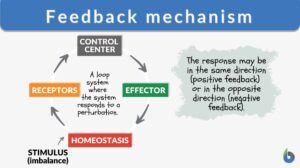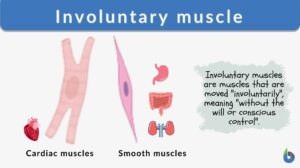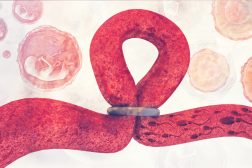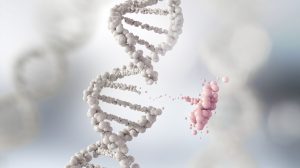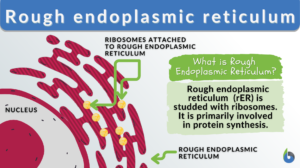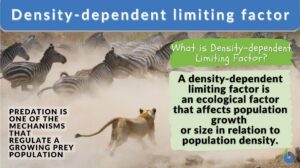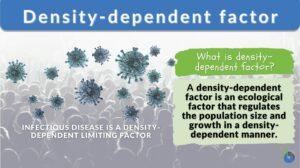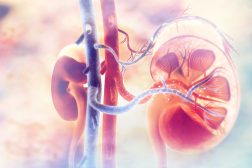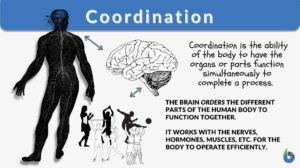Search Results for: control
Biosecurity and Biocontrol
By: Maria Victoria GonzagaIn the previous lesson, we learned about the importance of modern science... Read More
Principles of Hormonal Control Systems
Hormones are chemical messengers that enter the blood directly upon their secretion from endocrine glands. A single gland or... Read More
Control of Body Movement
Motor Control Hierarchy A motor program is the pattern of neural activities required to perform a movement is created and... Read More
Genetic Control – On and Off Genes
Reviewed by: Mary Anne Clark, Ph.D.This lesson looks at the various factors involved that affect growth and... Read More
Insect control
Definition noun A method of controlling insect population, such as by chemical, biological, or other means Supplement There... Read More
Controlled experiment
Definition noun A scientific investigation in which both the control group and experimental group(s) are kept under... Read More
Feedback mechanism
Feedback Mechanism Definition What is a feedback mechanism? A feedback mechanism is a physiological regulation system in a... Read More
Homeostasis
Homeostasis is the tendency not to stray from the range of favorable or ideal internal conditions. Such conditions must be... Read More
Involuntary muscle
A muscle act typically either under the control of the will or without conscious control. Muscles that can be controlled at... Read More
Neural Control Mechanisms
Nerve cells called neurons generate electric signals that pass from one end of the cell to another and release chemical... Read More
Controlled variable
Definition noun, plural: control variables A variable that remains unchanged or held constant to prevent its effects on the... Read More
Birth Control and Contraception
Birth Control Some religious beliefs see methods of contraception unethical while some political bodies chose birth control... Read More
Translational control
translational control (Science: molecular biology) The control of protein synthesis by regulation of the translation step,... Read More
Control variable
Definition noun, plural: control variables A variable that remains unchanged or held constant to prevent its effects on... Read More
Control of Growth & Development
Control of Growth & Development tutorials look at how the genetic makeup determines the biological processes on a day to... Read More
Positive feedback
Positive Feedback Definition Each mechanism of the body like temperature, blood pressure, and levels of specific nutrients... Read More
Regulation of Organic Metabolism, Growth and Energy Balance
Organic Metabolism Events of Absorptive and Post-absorptive States. The absorptive state is the period during which... Read More
Rough endoplasmic reticulum
Rough Endoplasmic Reticulum Definition The rough endoplasmic reticulum (rough ER or rER) is a membrane-bound organelle... Read More
Integrated Control
The harnessing of biological and chemical properties to control 'pests' and pathogens in order to protect an environment,... Read More
Anticipatory control
Anticipatory control (Science: physiology) The regulation of a system or process based on anticipated events, this isa... Read More
Feedback control
Feedback control The regulation of the activity of an enzyme by one of its... Read More
Control element
Control element generic term for a region of dna, such as a promoter or enhancer adjacent to (or within) a gene that allows... Read More
Feedforward control
Feedforward control The process in which one of the products of a metabolic Pathway induces an enzyme which participates in... Read More
The consequences of antibiotic use in horticulture
Leading articlesFrederick R. Falkiner* Department of Clinical Microbiology, Trinity College, Dublin; Central Pathology... Read More
Kidneys and Regulation of Water and Inorganic Ions
Renal Functions Kidneys remove/add substances from/to the plasma.Regulate water concentration, inorganic ion... Read More
Respiration
Organization of the Respiratory System Each lung is composed of air sacs called alveoli - the sites of gas exchange with... Read More
An introduction to Homeostasis
Researched and Written by Jonjo MinnsSubmitted to biologyonline.com on February 25, 2009.Published in biologyonline.com... Read More
Metabolism
Metabolism Definition What is metabolism in the body? Metabolism encompasses the various biochemical processes, reactions,... Read More
Chronobiology
Chronobiology Definition Chronobiology is a branch of biology that studies time-related phenomena (e.g., biological... Read More
Nucleosome
Nucleosome Definition Every organism is made of deoxyribonucleic acid, also known as DNA. DNA is made up of numerous... Read More
Equilibrium
Equilibrium Definition In Biology Equilibrium refers to the state of balance and stability. In biology, equilibrium is... Read More
Density dependent limiting factor
What Is A Density-Dependent Limiting Factor? Density-dependent limiting factors are limiting factors, which, depending on... Read More
Density dependent factor
Density-dependent factors are the limiting factors of an ecosystem that regulate population growth in a density-dependent... Read More
Homeostasis of Organism Water Regulation
Osmoregulation Osmoregulation is the regulation of water concentrations in the bloodstream, effectively controlling the... Read More
Coordination
Coordination Definition When a person hears the word coordination, they think of order, organization, or even managing... Read More
Homeostatic Mechanisms and Cellular Communication
Homeostasis is the relatively stable conditions of the internal environment that result from compensatory regulatory... Read More
Stewart-Holmes test
Definition noun A test named after the two neurologists, Gordon Morgan Holmes and Thomas Grainger Stewart, to determine... Read More
